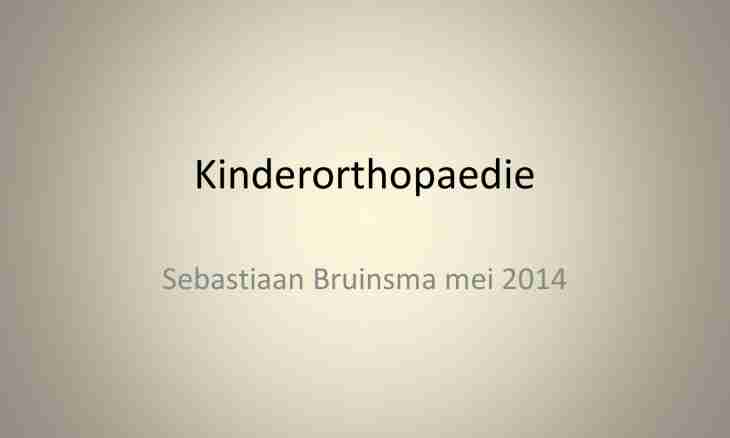Parts of speech are groups of words with similar signs. In Russian distinguish independent and office parts. Independent call objects, properties, quantity, action, a state or point to them. These words received such name as they can be used in the speech without function words.
Carry a noun, an adjective, a verb, a numeral, a pronoun, an adverb to independent parts of speech. The noun is an independent part of speech which generally calls a subject and answers questions who? what? This group of words can designate a subject (table, the house), the person (the boy, the student), an animal (a cow, a fox), sign (depth, height), an abstract concept (conscience, altruism), action (singing, dance), the relation (equality, exclusiveness). Nouns are animated or inanimate, own or nominal, have a sort, number and a case. In the offer they most often act as subjects or additions. An adjective — the independent part of speech designating sign of a subject and answering questions ""what?" ", " "what?" ", " "what?" ", " "what?" ", " "whose?"". It is accepted to understand the properties, quality, accessory characterizing objects as sign. On value the adjectives are divided into qualitative, relative and possesive. Adjectives depend on nouns and will be coordinated with them, that is, put in the same case, number and a sort. Adjectives can have the full and short form (green, is green). In the offer these parts of speech usually happen the coordinated definitions. Short adjectives are used only as predicates. A verb — an independent part of speech which designates a state or action of a subject and answers questions what to do? what to make? (to be, to fly, look). Verbs are imperfect and perfect, transitional and intransitive. This part of speech changes on inclinations. The initial (uncertain) form of a verb is called an infinitive. It has no time, numbers, persons and sorts (to do, go). In the offer the verbs are predicates. The participle is the special form of a verb designating sign of a subject of action. It answers questions ""what?" ", " "what?" ", " "what?"" (flying, drawn). An adverbial participle - the special unchangeable form of a verb which is designating sign, but acting as sign of other action. It answers questions ""that doing?" ", " "what having made?"" (crying, effortlessly, having passed). A numeral — an independent part of speech which designates number, quantity of objects and also their order at the account. On value they are divided into quantitative (answer a question ""how many?"") and serial (answer questions ""what?" ", " "what?""). Numerals change on cases (fifth, fifth, fifth). In the offer the numerals happen a subject, a predicate, an adverbial modifier of time, definition. A pronoun — the independent part of speech which is indicating objects, signs, but not calling them (I, my, this). In the offer additions, definitions are used as a subject, is more rare — circumstances, a predicate. On value of a pronoun are divided into personal (I, you, it, they), returnable (themselves), interrogative (who what), relative (who, than which), uncertain (something, some), negative (nobody, how many and), possesive (my, our), index (that, such, is so much), attributive (everyone, another). An adverb — an independent part of speech which designates sign of a subject, sign of action, sign of other sign. It answers questions ""as?" ", " "where?" ", " "where?" ", " "when?" ", " "why?" ", " "for what?"" (well, attentively, beautifully, tomorrow, very much). The adverb does not incline, is not conjugated, in the offer most often happens a circumstance.

